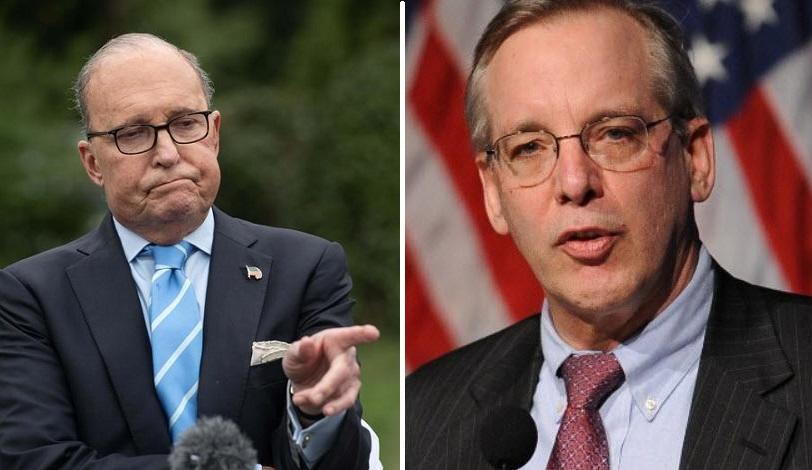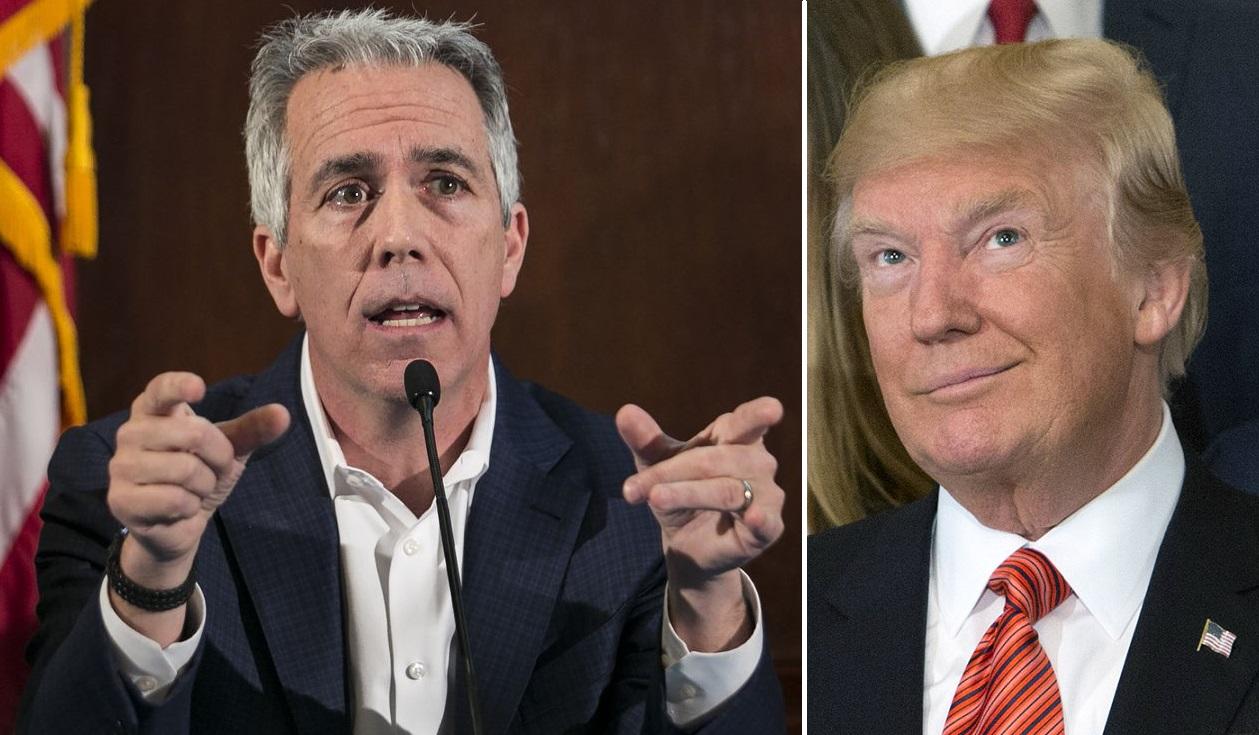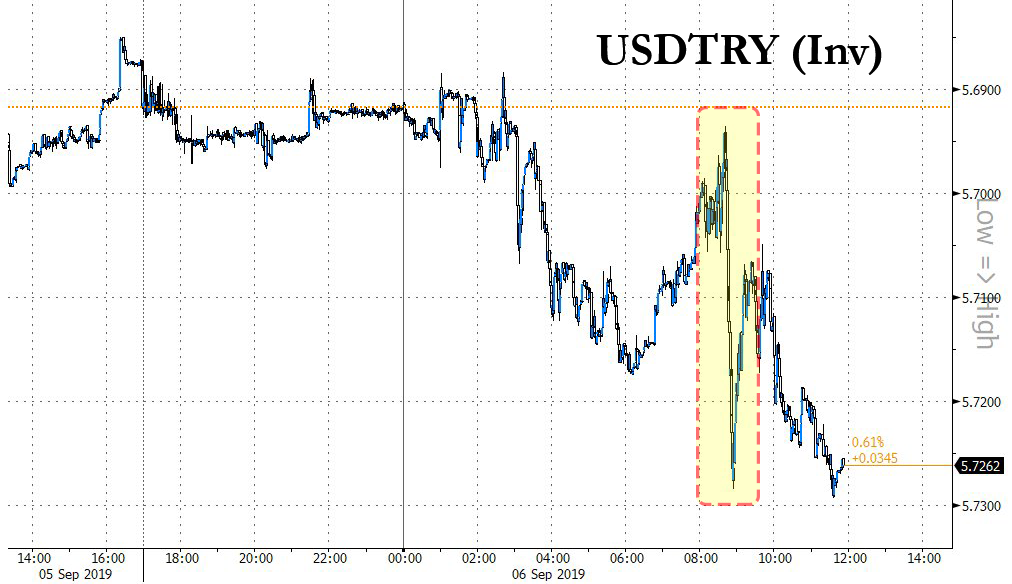Labor unions in Oregon are taking aim at a new threat to the working man: self-checkout machines.
On Thursday, the Oregon chapter of the AFL-CIO, a federation of unions in the state, submitted the first batch of signatures required to get the Grocery Store Service and Community Protection Act on the 2020 state ballot. The measure would forbid Oregon’s grocery stores from operating more than two self-checkout machines at a time.
“The widescale use of self-checkout machines in our state’s grocery stores is part of a deliberate corporate strategy that relies on automation to reduce labor costs and eliminate jobs,” Oregon AFL-CIO President Tom Chamberlin said in a statement. After the state attorney general drafts an official ballot title for its measure, petitioners will have to collect 112,000 signatures in order to qualify for the state ballot.
The text of the ballot initiative details a number of ills allegedly caused by self-checkout machines.
These include the loss of grocery store jobs, the enabling of underage alcohol purchases, and an increase in “social isolation and related negative health consequences.” The text also mentions difficulties the disabled or elderly sometimes have with operating the machines.
The state’s Bureau of Labor and Industry would be empowered to fine noncompliant stores the equivalent of one day’s salary and benefits for their highest-paid retail clerk. That’s for the first offense; further violations would result in increased fines.
The Willamatte Week reports that the initiative comes in the midst of tense salary negotiations between the grocery store chain Fred Meyer and the United Food and Commercial Workers (UFCW) Local 555, an AFL-CIO-affiliated union that represents grocery store workers in Oregon and Southwest Washington. In late August, the UFCW voted to authorize a strike should negotiations with Fred Meyer break down.
One could interpret this initiative as a way of applying pressure on Fred Meyer during these negotiations. It’s not hard to see why labor organizations would want to effectively require stores to hire more of their members.
That perhaps explains why the public-spirited arguments offered by the Oregon AFL-CIO for their measure are so weak.
For starters, grocery stores continue to maintain a hybrid of self-checkout machines and full-service checkout aisles. Folks who have difficulty operating self-checkout machines or who enjoy bantering with clerks can still opt to have an employee to scan their groceries for them.
And while a reduction in labor costs might be a bad thing for unions, it’s generally good for customers, who reap the benefits of lower prices. These same consumers can then spend the money they save on other products and services, creating more jobs that don’t need to be mandated into existence.
Indeed, the arguments advanced by the Oregon AFL-CIO’s ballot initiative could just have been deployed a century ago to prevent grocery stores from transitioning to modern, human-staffed checkout aisles the group is now trying to preserve. Back in the day, customers had to wait on grocery store staff to assemble their orders for them. The introduction of self-service grocery stores in the early 20th century allowed patrons to stroll the aisles themselves, picking out which goods they wanted. The change saved shoppers and stores time and money, creating the far more convenient stores we know today.
Few would argue that we’d be better off if lawmakers in the 1920s chose to ban self-service grocery stores in an effort to save jobs and prevent “social isolation.” Cracking down on self-checkout machines seems equally foolish.
from Latest – Reason.com https://ift.tt/2ZFlzgl
via IFTTT



